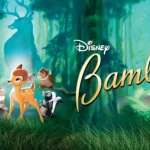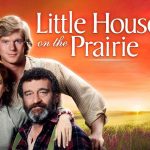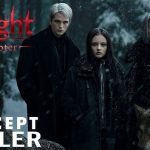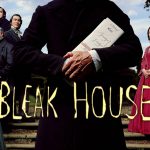War Horse (2011)
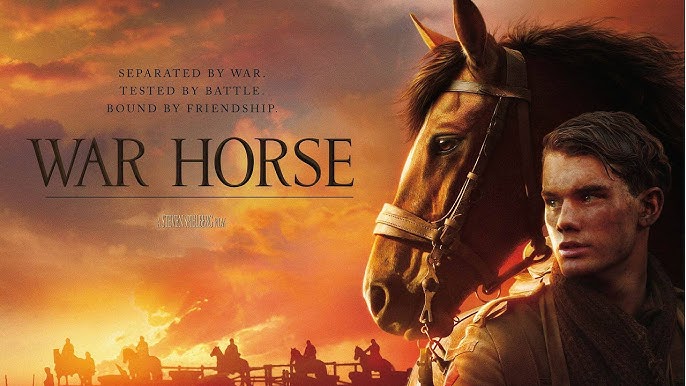
War Horse (2011) is a war film directed by the renowned filmmaker Steven Spielberg. The movie is based on the 1982 novel by Michael Morpurgo and was adapted for the screen by Lee Hall and Richard Curtis. The film received widespread acclaim and was nominated for several prestigious awards, including the Academy Awards and the Emmys. Through stunning visuals and powerful storytelling, War Horse offers a unique perspective on World War I, told through the eyes of a remarkable horse named Joey.
The story follows Joey, a horse who forms a deep bond with a young boy named Albert. When World War I breaks out, Joey is sold to the British army and sent to the front lines, where he experiences the brutality of war. Throughout the film, Joey’s journey is portrayed as he encounters various soldiers from different countries, each of whom forms a connection with the horse. The film’s narrative unfolds through Joey’s perspective, highlighting the emotional and physical toll of war, as well as the enduring bond between humans and animals.
The central character of the film is Joey, the war horse. Though the story is told through his experiences, the human characters also play important roles in shaping the narrative. Albert, Joey’s original owner, is determined to be reunited with him after the horse is sent to war. Other key characters include British and German soldiers who cross paths with Joey during the conflict. Through these interactions, the film explores themes of loyalty, friendship, and the human cost of war, while also showing the resilience of both the animal and the people involved.
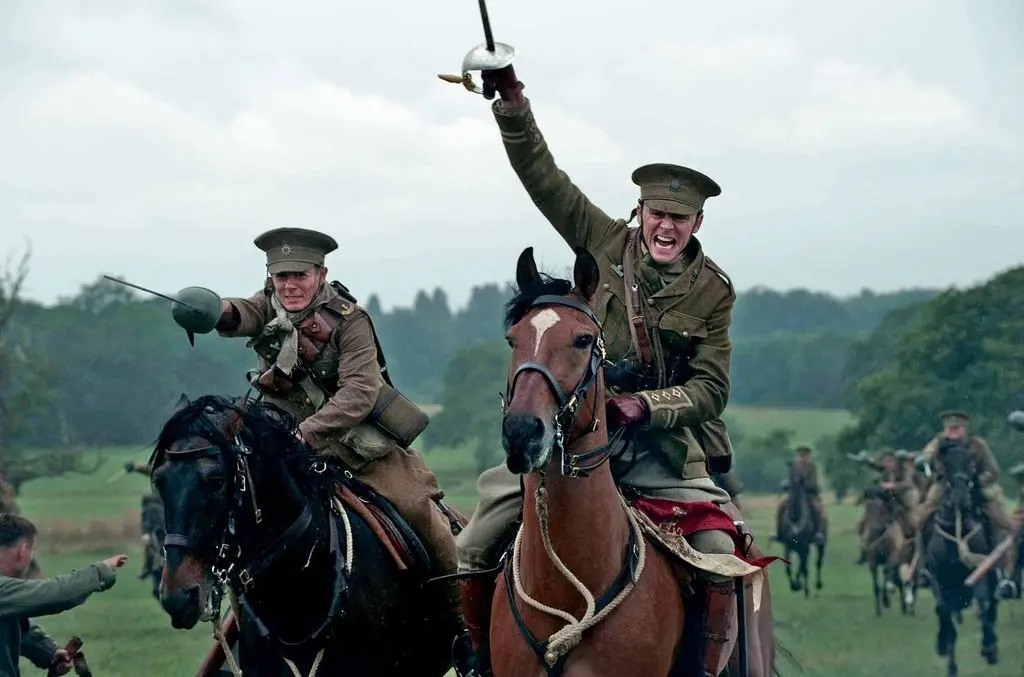
One of the most powerful themes in War Horse is the devastating impact of war on both humans and animals. The film depicts the horrors of World War I, focusing on the emotional and physical scars left by the conflict. At the same time, it emphasizes themes of hope, loyalty, and survival. Joey’s journey symbolizes the innocence caught in the crossfire of war, while also showing the power of companionship and the strength to endure even the darkest of times. The film encourages viewers to reflect on the deep connections between humans and animals, and how they can offer comfort and solace in the most difficult circumstances.
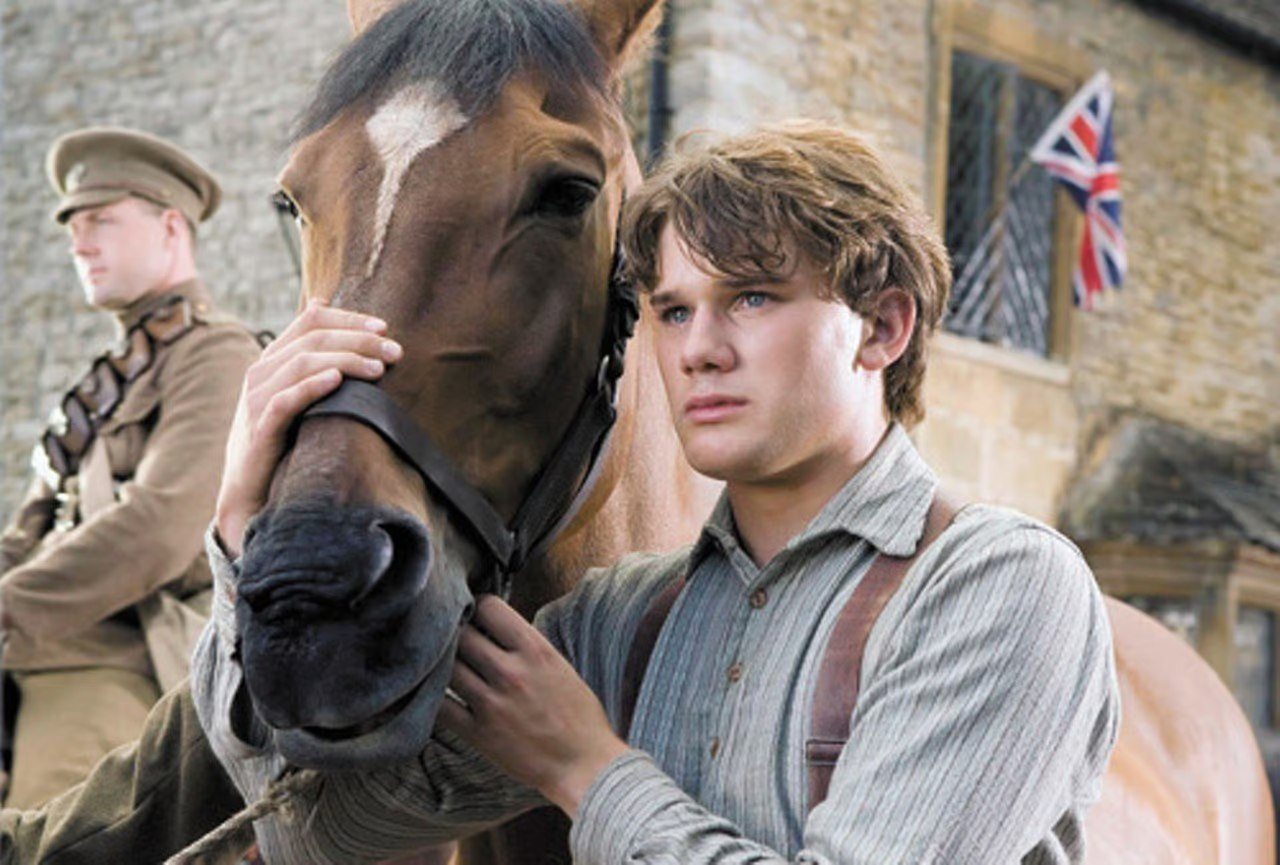
Steven Spielberg’s direction in War Horse is nothing short of breathtaking. The cinematography, by Janusz Kamiński, captures the vastness and devastation of the war through stunning wide shots, while also focusing on the intimate emotional moments between Joey and the soldiers. Spielberg masterfully balances action scenes with quieter, more poignant moments, allowing the audience to connect deeply with the characters and the horse. The film’s use of visual effects and practical effects also enhances the realism, bringing the story to life in a compelling way.
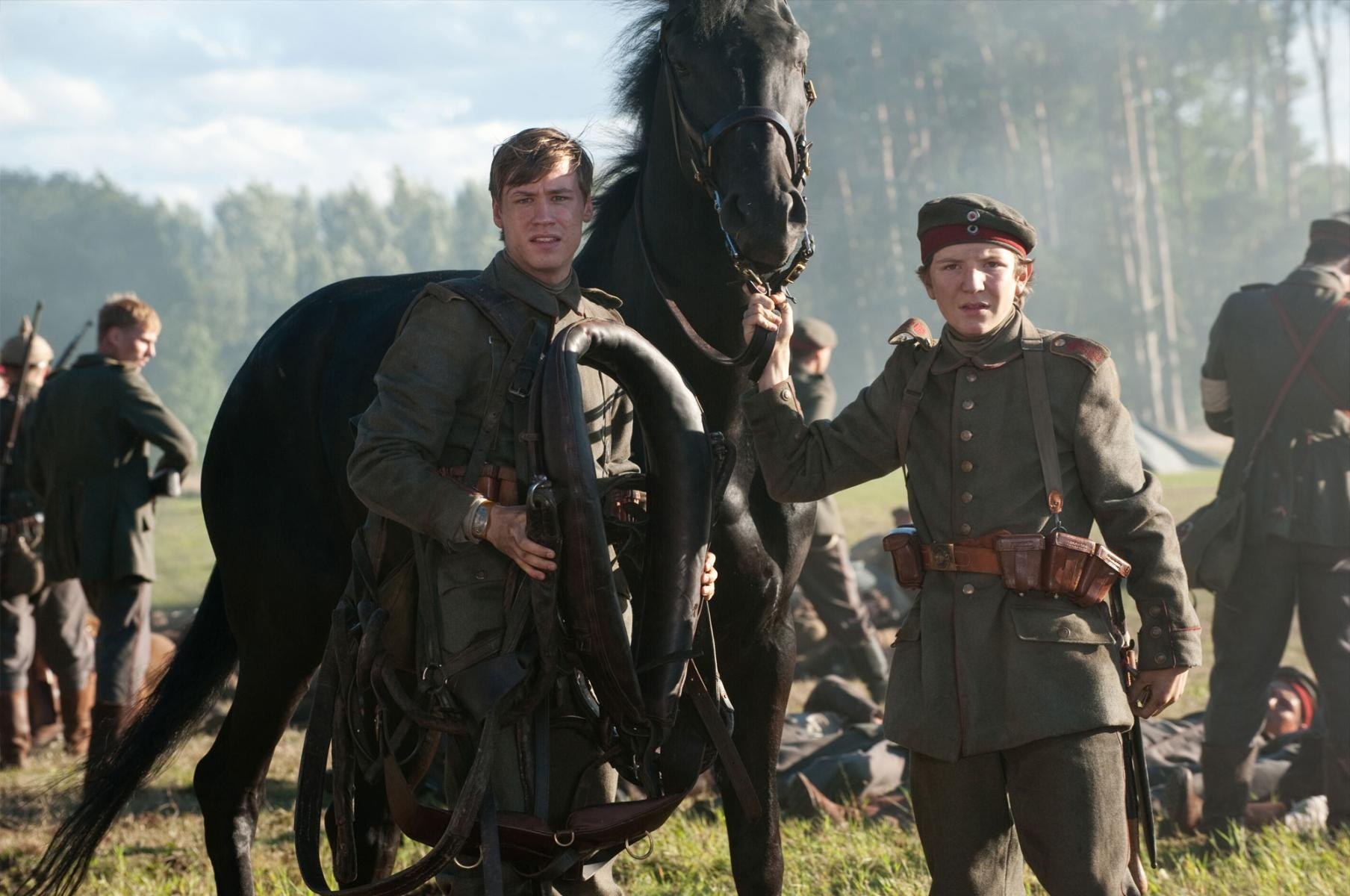
In conclusion, War Horse is a visually stunning and emotionally charged film that offers a unique and moving perspective on World War I. Through the eyes of a loyal horse, the film explores the profound impact of war on all those involved, highlighting themes of survival, hope, and the enduring power of connection. Spielberg’s direction and the film’s powerful performances make it a memorable and impactful cinematic experience. War Horse is not only a tribute to the animals who served during the war but also a poignant reminder of the sacrifices made by both humans and animals in times of conflict.


